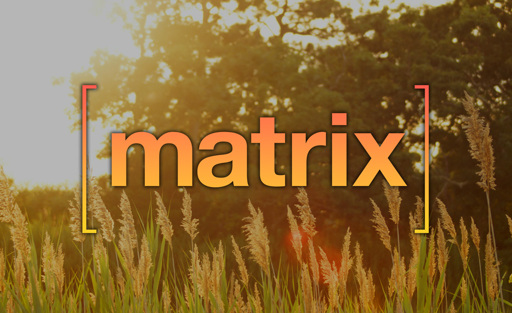

Interesting. So the terms of service have not changed, and yet people are saying that they did. I wonder if there are criticisms that are still valid. For example, the terms of service that you linked:
- do not let me use a VPN (¶6.4)
- do not let me use glitches (¶6.4)
- do not let me own the copy of the game that I bought, but instead give me a limited license to it (¶2.1-2.2)
- do not inform me about future updates to their terms of service (¶10.2)
- force me to enter arbitration and do not let me be part of a class action lawsuit or have a trial by jury (¶17.5)
- link to their privacy policy, which:
- does not let me opt out of having my data bought, merged, and sold through ad networks or data brokers (§ Categories of Information Collected, § How We Use Information and Our Legal Grounds, § Sources of Information We Collect, and § When We Share Information ¶ 5— all sources combined)
- does not attempt to deliberately minimize data collection to protect my data. With the only exception of children’s data, their purposes are extremely vague (§ How We Use Information and Our Legal Grounds, as well as the entire document, because they do not attempt to do this in their privacy policy)
- does not attempt to anonymize my data (I cannot provide a citation because there is no attempt to do this in their privacy policy)
- does not specify the purposes of gathering and using information about any installed application on my device (§ Categories of Information Collected— this is especially worrying)
- does not let me opt-out of data collection categories for specific purposes (cannot give a direct citation because they simply do not do it; instead, they wrote vague types of information they collect —such as “details about… other information related to installed applications” in § Categories of Information Collected, as well as vague purposes in § How We Use Information)
So, coming back to the original claim you were debunking:
They added spyware to it.
Your response was
No, they didn’t.
And I agree with you, now that I have read their terms of service and their privacy policy. Of course, we’re assuming that they haven’t changed their terms of service. If we assume that, then their spyware clauses weren’t added. No. They were always there. They have always said that they gather “details about… other information related to installed applications” on my device for purposes that can include merging and selling my data to data brokers and ad networks.










https://wmich.edu/writing/punctuation/hyphen
This would’ve helped